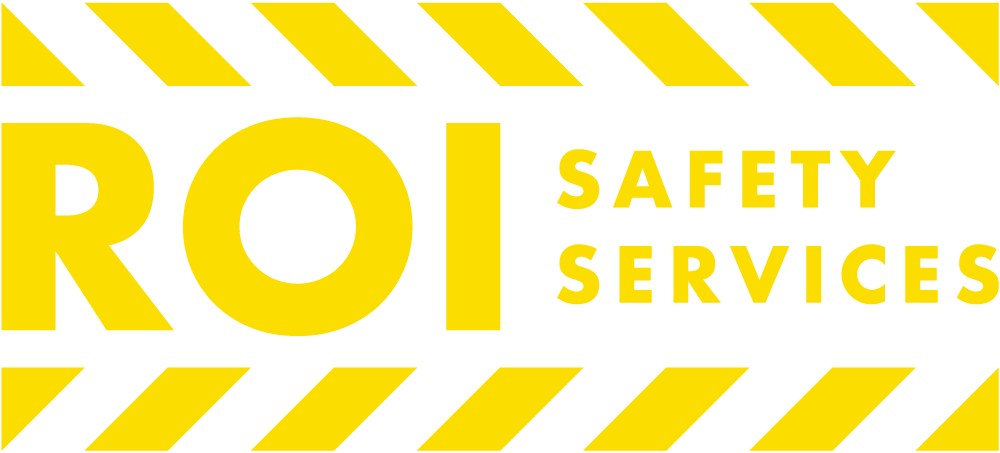
Companies are constantly seeking ways to optimize their operations while minimizing costs and risks. One often overlooked aspect that significantly impacts these goals is forklift operator certification. Investing in proper training for forklift operators not only enhances workplace safety but also yields a substantial return on investment (ROI) for businesses.
Here are some compelling reasons why obtaining certification for forklift operators is not just a legal requirement but also a strategic move that can yield significant returns for businesses.
Enhanced Safety:
Safety is not just a priority; it’s a prerequisite for any successful business operation. Forklifts, while indispensable in material handling, pose significant risks if operated by untrained personnel.
Research conducted by the Industrial Truck Association (ITA) revealed that companies with certified forklift operators experience a 25% reduction in workplace accidents compared to those without proper certification. Furthermore, the National Institute for Occupational Safety and Health (NIOSH) reports that nearly 70% of forklift accidents could be prevented with proper training and adherence to safety protocols. These statistics underscore the critical role of certification in mitigating risks and fostering a safer work environment.
Boosting Productivity:
Beyond safety considerations, forklift operator certification directly correlates with increased productivity. A skilled operator maneuvers equipment swiftly and accurately, optimizing workflow and minimizing delays. The International Warehouse Logistics Association (IWLA) estimates that certified forklift operators are up to 30% more productive than their non-certified counterparts. This boost in productivity translates to tangible benefits such as faster turnaround times, improved order fulfillment, and enhanced customer satisfaction.
Furthermore, certified operators are adept at preventive maintenance practices, ensuring that forklifts operate at peak efficiency. This proactive approach reduces downtime caused by equipment malfunctions, thereby maximizing operational uptime and throughput. A study by the Material Handling Industry (MHI) found that businesses investing in operator training and maintenance programs witnessed a 15% increase in overall productivity within the first year of implementation.
Cost Savings:
While the initial investment in forklift operator certification may seem daunting, the long-term cost savings far outweigh the upfront expenditure. Accidents involving forklifts can result in substantial financial liabilities, including medical expenses, property damage, and regulatory fines. The National Safety Council (NSC) estimates that the average cost of a forklift-related injury exceeds $38,000, not accounting for potential legal fees and reputational damage.
Conversely, businesses with certified operators benefit from reduced insurance premiums due to lower accident rates. The ITA reports that companies implementing comprehensive training programs observe a 15% to 20% reduction in insurance costs associated with workplace accidents. Moreover, by minimizing accidents and equipment damage, certified operators help extend the lifespan of forklifts, reducing the need for frequent replacements and repairs.
The statistics speak for themselves: certified operators contribute to safer work environments, increased operational efficiency, and a healthier bottom line.
As businesses navigate the complexities of modern supply chains and warehouse management, the importance of skilled forklift operators cannot be overstated. Whether it’s reducing accidents, boosting productivity, or trimming expenses, the benefits of certification extend far beyond compliance. Investing in the proficiency and safety of forklift operators is not just a wise decision—it’s essential for maximizing ROI and ensuring long-term success.

